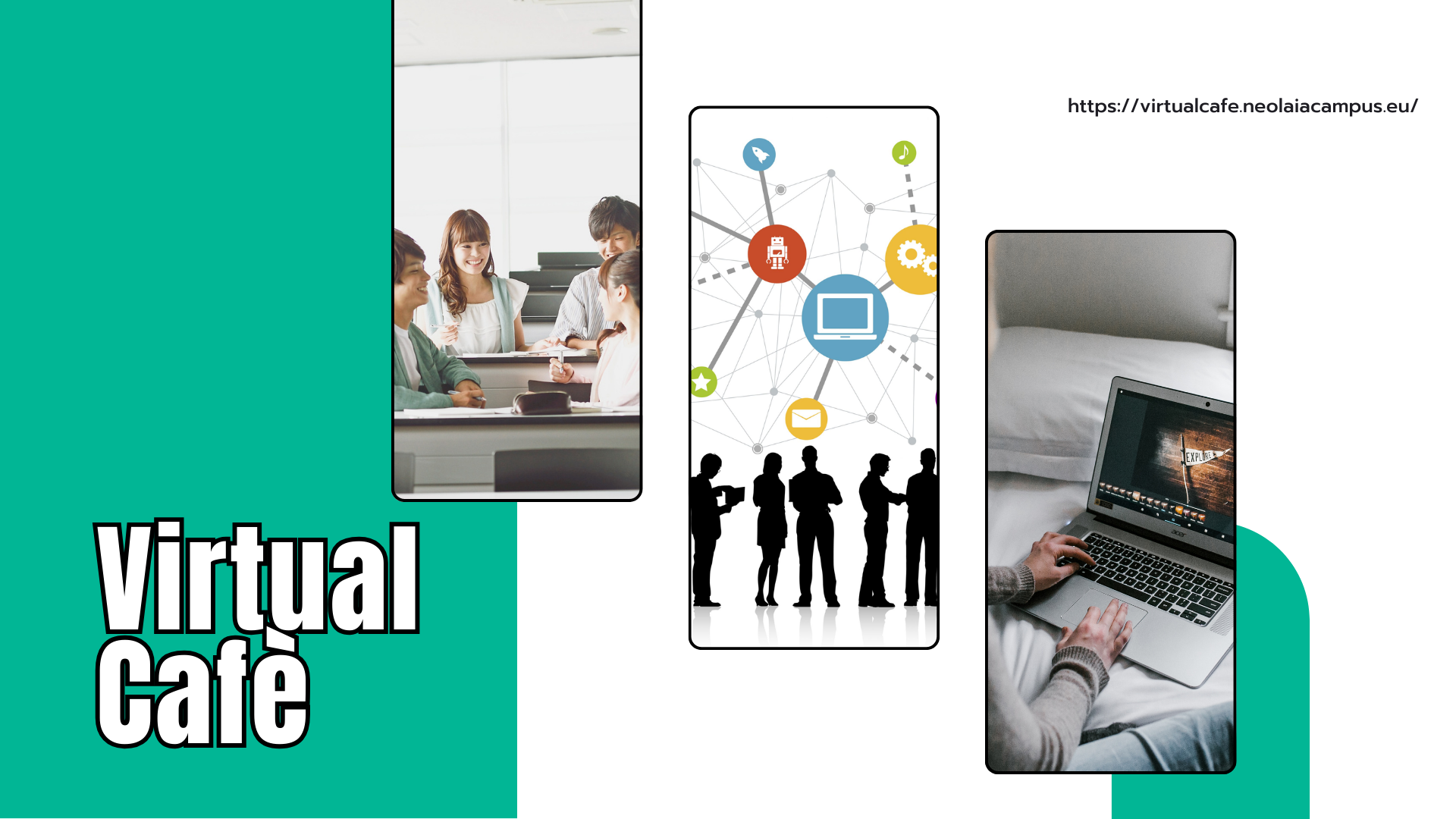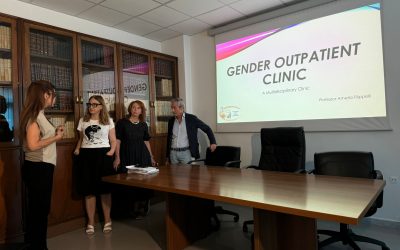How virtual systems are transforming interaction between universities and research communities
A Virtual Café system is a digital platform designed to facilitate communication, collaboration, and knowledge sharing within a community. These virtual spaces are particularly useful in academic and professional contexts, where continuous dialogue between members of different institutions or disciplines is essential.
What is a Virtual Café?
A Virtual Café is an online environment that replicates the concept of traditional cafés as meeting and idea-sharing spaces, adapted to a digital context. These systems provide features such as themed discussions, private groups, project management, and recognition for active participation. Discourse is an example of open-source software that supports the creation of such environments, offering tools for moderation, customization, and integration with external authentication systems.
Key features of a Discourse-based Virtual Café include:
- Threaded discussions: hierarchically organized, making it easy to follow and participate in conversations.
- Categories and tags: classify content by topic, improving navigation and searchability.
- Private groups: create restricted spaces for sensitive discussions or specific collaborations.
- Real-time notifications: keep users informed of new posts, responses, or mentions.
- Trust level system: gradually assigns permissions to users based on activity and reliability.
- Federated authentication: integrates centralized login systems, such as Shibboleth, for secure access management.
A Virtual Café serves as a digital space where collaboration flows naturally and continuously. Within this environment, members can create working groups, share resources, and coordinate joint projects in a simple and efficient way. Beyond facilitating collaborative work, the Virtual Café promotes inclusivity: every participant has the opportunity to express ideas, contribute to discussions, and feel fully integrated into the community. This digital space also helps strengthen the sense of belonging, fostering long-lasting professional and academic relationships. Finally, the Virtual Café supports continuous learning by providing a space to share experiences, exchange best practices, and stay up-to-date on topics relevant to one’s academic or professional journey.
Other platforms and the choice of Discourse
Several platforms provide similar functionality to a Virtual Café, including Slack, Microsoft Teams, Mattermost, Moodle, Canvas, and Piazza.
Discourse stands out for its ability to combine structured discussions, private groups, advanced thread management, tagging, and moderation. These features make it particularly suitable for complex academic contexts like NEOLAiA. For this reason, Discourse was chosen as the platform for NEOLAiA’s Virtual Café, ensuring flexibility, security, and active participation by all members.
The NEOLAiA case
Within the NEOLAiA European project, the Virtual Café was developed to facilitate communication among partner universities. This digital space has centralized discussions, coordinated the activities of different working groups, and promoted a collaborative and inclusive environment. Integration with authentication systems like Shibboleth ensured secure, centralized access for all members, making the platform a core tool for the NEOLAiA community.
In summary, a Virtual Café system represents an effective solution for creating dynamic and participatory digital environments, ideal for supporting collaboration and knowledge sharing in academic and professional contexts.



